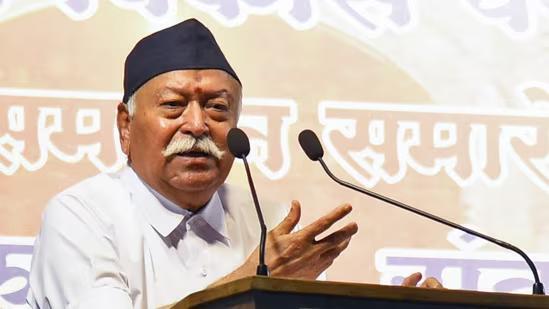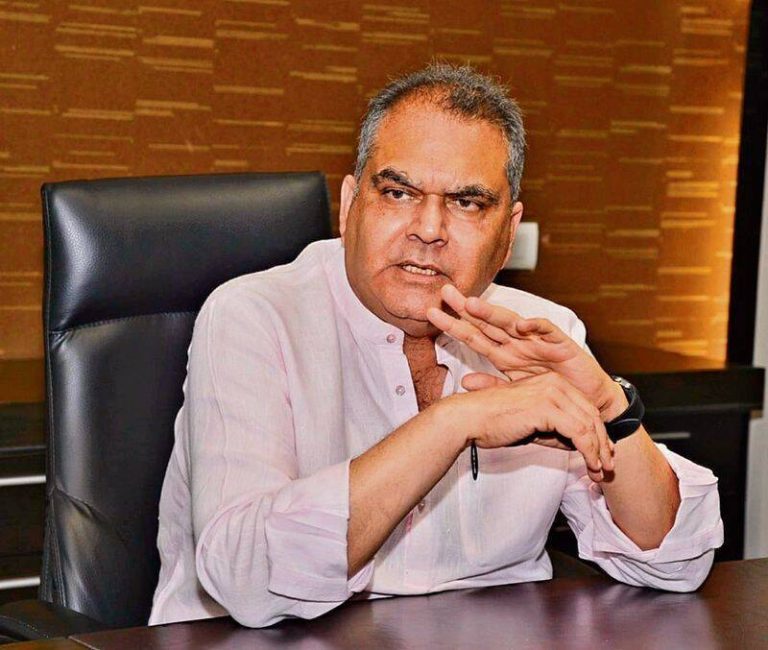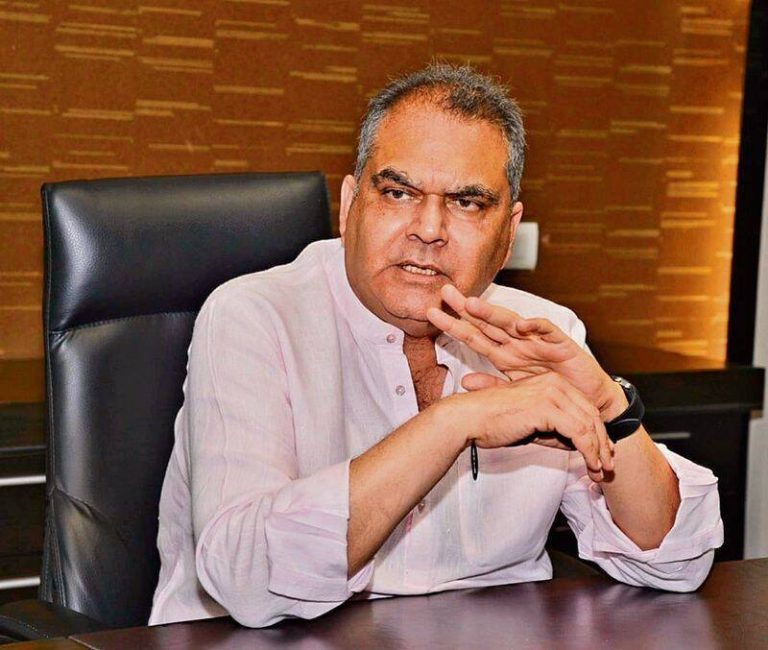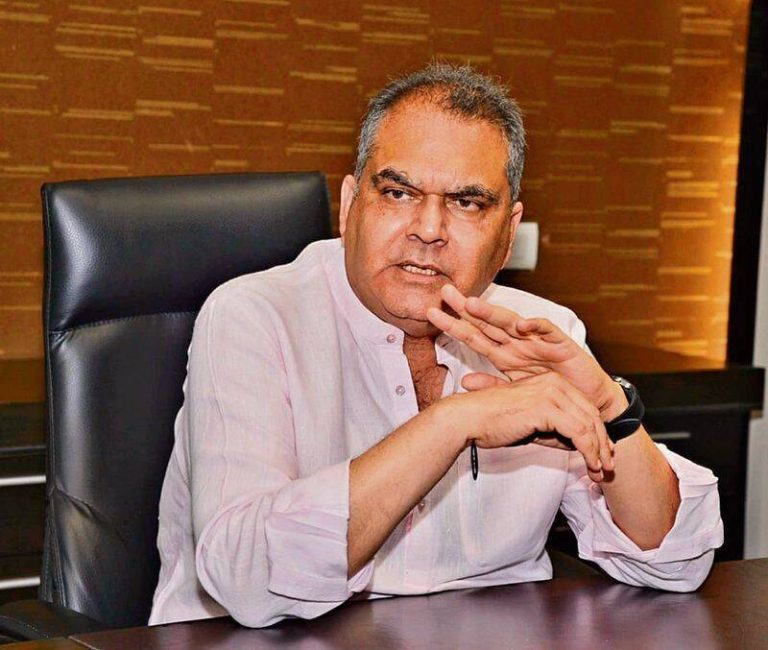
Muslims & Christians are also Hindus if they follow Indian culture: RSS chief Bhagwat
In a recent statement, Rashtriya Swayamsevak Sangh (RSS) chief Mohan Bhagwat has sparked a new debate by redefining the term “Hindu”. According to Bhagwat, anyone who takes pride in India, also known as Bharat, is a Hindu. This statement has far-reaching implications and challenges the traditional understanding of the term “Hindu” as a religious identity. In this blog post, we will delve into the significance of Bhagwat’s statement and explore its potential impact on the cultural and social fabric of India.
Bhagwat’s statement was made during a public event, where he emphasized that the term “Hindu” is not just a religious identity but a cultural and national one. He said, “If Muslims and Christians, even without giving up their worship, customs and traditions, worship this country, follow Indian culture…then they are Hindus.” This statement suggests that Bhagwat is attempting to broaden the definition of Hinduism to include people of other faiths who identify with Indian culture and values.
The RSS chief’s statement has been seen as an attempt to promote a sense of national unity and inclusivity. By expanding the definition of Hinduism to include people of other faiths, Bhagwat is trying to create a sense of shared identity and belonging among all Indians, regardless of their religious affiliations. This move can be seen as a way to promote social cohesion and reduce communal tensions in the country.
However, Bhagwat’s statement has also been criticized by some as an attempt to impose a Hindu nationalist agenda on the country. Some critics argue that the statement is an attempt to erase the distinct identities of minority communities and assimilate them into a dominant Hindu culture. They see this move as a threat to the diversity and pluralism of Indian society.
It is also worth noting that Bhagwat’s statement comes at a time when there is a growing debate about the concept of a “Hindu Rashtra” (Hindu nation) in India. Some Hindu nationalist groups have been advocating for the establishment of a Hindu Rashtra, which they see as a way to promote Hindu values and culture in the country. However, this idea has been met with resistance from minority communities and secular groups, who see it as a threat to the country’s diversity and secularism.
Bhagwat, however, has clarified that India does not need an official label to be a “Hindu Rashtra” because its civilization already reflects it. He argued that the country’s culture, traditions, and values are already rooted in Hinduism, and therefore, there is no need to impose a formal label. This statement suggests that Bhagwat is trying to promote a more nuanced understanding of Hinduism, one that is not limited to a narrow religious identity but encompasses a broader cultural and national identity.
The implications of Bhagwat’s statement are far-reaching and complex. On the one hand, it has the potential to promote a sense of national unity and inclusivity, by creating a shared sense of identity and belonging among all Indians. On the other hand, it also raises concerns about the erosion of minority rights and the imposition of a dominant Hindu culture on the country.
Ultimately, the significance of Bhagwat’s statement will depend on how it is received and interpreted by different sections of Indian society. If it is seen as a genuine attempt to promote social cohesion and inclusivity, it may help to reduce communal tensions and promote a sense of national unity. However, if it is perceived as an attempt to impose a Hindu nationalist agenda on the country, it may exacerbate existing social and cultural divisions.
In conclusion, RSS chief Mohan Bhagwat’s statement that Muslims and Christians are also Hindus if they follow Indian culture has sparked a new debate about the meaning and significance of Hinduism in India. While the statement has the potential to promote a sense of national unity and inclusivity, it also raises concerns about the erosion of minority rights and the imposition of a dominant Hindu culture. As the debate continues, it is essential to consider the complexities and nuances of Bhagwat’s statement and its potential implications for Indian society.






